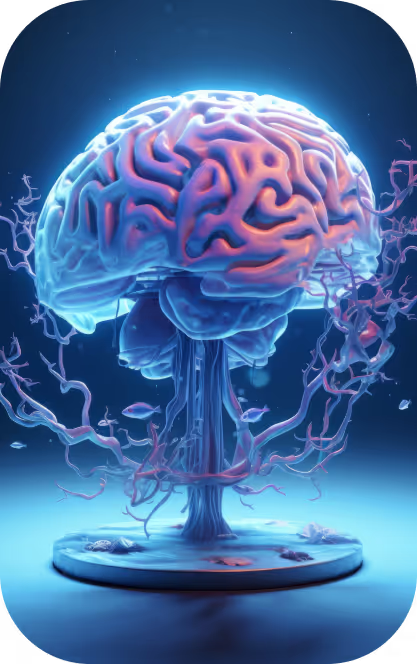THE NOOSPHERE AND THE FUTURE OF WORK: NEW PROFESSIONS AND A SHIFT IN THE ECONOMIC PARADIGM


With the rapid development of technology, automationand artificial intelligence (AI), the global labour market is undergoingdramatic changes. In the context of the concept of the noosphere, thedevelopment of the human mind is shaping a new ecosystem of knowledge andtechnology, which is becoming the basis for a new era of work, whereintellectual resources and creativity play a key role. However, the future ofwork is not only about the development of new professions, but also aboutrethinking economic models and approaches to education, employment andsustainable development of society.
According to the report ‘Jobs ofTomorrow’, more than 75 million jobs may disappear due to automation androbotics. OxfordUniversity's forecasts also indicate that over the next 15-20 years,robots will take over most routine tasks, which requires an immediaterethinking of human professions. New economic realities will require workers tomaster new skills and professions, particularly in the fields of medicine,ecology, information technology, biotechnology and energy.
In the medical field, for example, there will bespecialists who will work with genetic tests to individualise treatment ordevelop cyber prostheses and implants. Such professions meet the needs of themodern noosphere, which focuses on improving the quality of life throughtechnological innovation. Other new professions, such as eco-preachers andwaste management specialists, will support environmental sustainability andconscious consumption.
In the field of information technology, there arealready processions to serve AI, such as IT preachers who promote the latestachievements or algorithm auditors who study the relevance of AI solutions. Atthe same time, the emergence of professions related to digital security andpersonal privacy also points to the importance of ethics and privacy in a worldwhere data is gaining new value.
Adapting to new professions and continuing educationwill be crucial for successful integration into the new economic paradigm.According to the concept of ‘lifelong learning’ or ‘lifelong education’, skillsacquired throughout life will be the main asset that allows a person to remaincompetitive.
The future of work, therefore, requires theharmonisation of technological advances with human values, environmentalresponsibility and continuous self-development. In such a world, employees willnot only be able to adapt to rapid changes, but also shape a new era of work,where everyone will be a member of the innovation noosphere.










